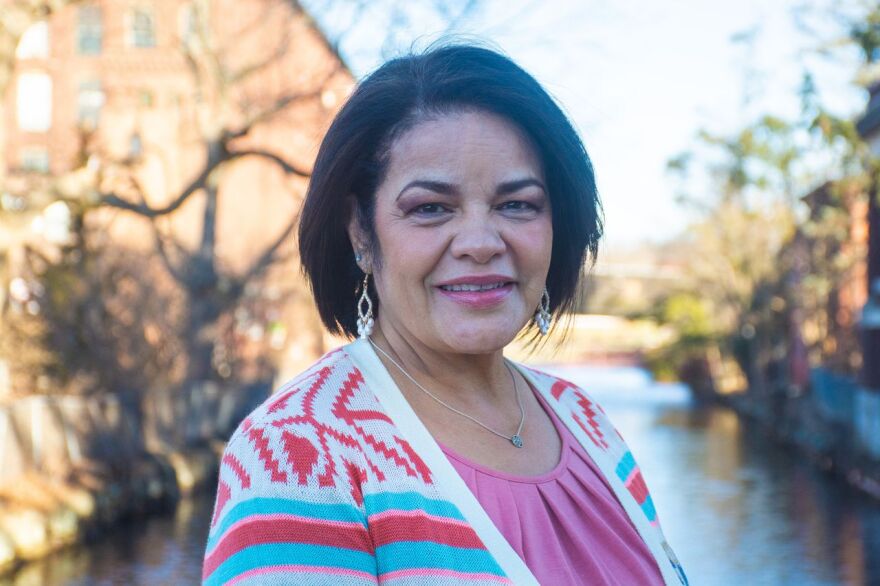Advocates for people with dementia are looking to raise awareness about the condition among city leaders and public safety first responders in Springfield, Massachusetts.
In 2018, Springfield became a “dementia friendly community”— part of a national network of cities and towns that vow to foster support for people living with dementia and for their caregivers.
One result was the formation of the Springfield Dementia Friendly Coalition. Zee Johnson, the chair, said the grassroots group is looking to be proactive.
“Especially with the city of Springfield, we want to have the approach of defusing a situation especially people impacted by dementia rather than escalating and we know how that can happen,” Johnson said.
Johnson, who is a social worker, and Megan Lemay, regional manager for the Alzheimer’s Association, asked members of the City Council’s Health and Human Services Committee for help to advance the coalition’s work to raise community awareness.
“Make sure you keep us at the forefront of any activities and partnerships we can have because the aging population is growing and if you look at Springfield, it is certainly growing,” Johnson said.
Dementia, which is characterized by memory loss or impaired decision-making, affects about 11 percent of people over age 65, according to Johnson. Alzheimer’s is a brain disease that accounts for the vast majority of dementia cases.
One goal of the coalition, said Johnson, is to remove the stigma surrounding dementia and one way to do start is by informing people about the symptoms and stages of the syndrome.
City Councilors applauded the coalition’s initiative.
Councilor Zaida Govan, the committee chair, invited the coalition to make a presentation to the full council.
“We’re going to make that happen for the City Council and invite everyone,” Govan said.
She also suggested the coalition meet with each of the city’s neighborhood councils.
“Presenting to them would be amazing,” Govan said.
As for first responders, Lemay said the city’s police officers are already receiving instruction about dementia in the police academy, but there is no training for Springfield firefighters and EMTs.
“These are people who are really interacting with people with dementia everyday,” Lemay said.
Springfield Health and Human Services Commissioner Helen Caulton-Harris, who oversees a large number of city departments including Elder Affairs, libraries, and veterans’ services, also offered to help the advocates.
“I invite you to come to one of my cabinet meetings and do a presentation for the department heads who report to me because they all deal with individuals in the city of Springfield and it would be important to hear your presentation,” Caulton-Harris said.
Johnson said the coalition has been collaborating with the faith community to raise awareness. Outreach will be taking place in local churches on the second Sunday in June, which is being billed as “Memory Sunday.”



